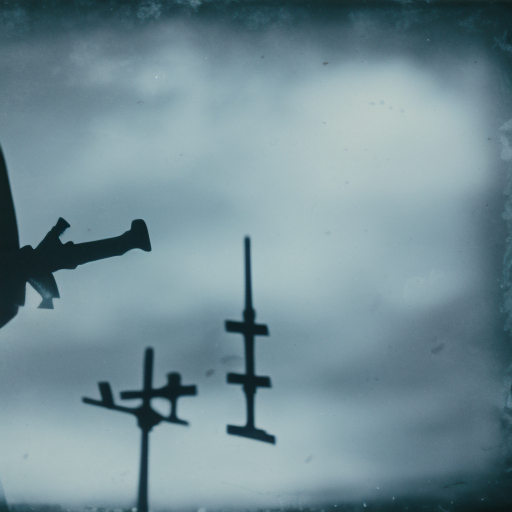The Salem Witch Trials (1692)
The Salem Witch Trials were a series of hearings and prosecutions of people accused of witchcraft in colonial Massachusetts between February 1692 and May 1693. It was one of the darkest chapters in American history, resulting in the execution of twenty people and the imprisonment of many others.
Background
The trials took place in the small village of Salem, which was part of the Massachusetts Bay Colony. At the time, the colony was deeply religious, with a strict Puritan culture. The people believed in the existence of witches and the devil’s influence in the world. They also believed that witches made pacts with the devil and used their powers to harm others.
The Accusations
The trials began when a group of young girls in Salem Village started exhibiting strange behavior, including fits, seizures, and hallucinations. The local doctor attributed their symptoms to witchcraft, and the girls accused three women of bewitching them. The accused women were brought to trial, found guilty, and executed.
The accusations quickly spread, and more people were accused of witchcraft. The trials became a frenzy, with people pointing fingers at their neighbors and friends. The accused were often those who were seen as different or held grudges against.
The Trials
The trials were conducted in a highly biased manner. The accused were presumed guilty and had to prove their innocence. The court relied heavily on spectral evidence, which was testimony from the afflicted girls claiming to see the accused person’s spirit tormenting them. This type of evidence was highly unreliable and subjective.
Many innocent people were accused and imprisoned, and some were even tortured to extract confessions. Those who confessed were spared execution but faced social ostracism and imprisonment. Those who maintained their innocence were often executed by hanging.
The Aftermath
As the trials continued, doubts began to emerge about the validity of the accusations. Influential figures, including ministers, started questioning the reliability of spectral evidence. The governor of Massachusetts eventually disbanded the court and pardoned those still imprisoned.
The Salem Witch Trials had a profound impact on the community. Families were torn apart, and trust among neighbors was shattered. The trials also highlighted the dangers of religious extremism and the importance of due process and evidence in legal proceedings.
Legacy
The Salem Witch Trials remain a significant event in American history, serving as a cautionary tale about the dangers of mass hysteria and the consequences of unchecked power. The trials also sparked discussions about the role of religion in society and the importance of protecting individual rights.
In 1711, the colony passed a bill restoring the rights and good names of those accused and granted financial restitution to their families. In 1957, the state of Massachusetts formally apologized for the trials.
Today, Salem has become a tourist destination, with museums and memorials dedicated to the victims of the witch trials. The events of 1692 continue to be studied and remembered as a stark reminder of the dangers of intolerance and injustice.












